[P.S. Did you take our super short survey yet? There could be free beer/coffee in it for you!]
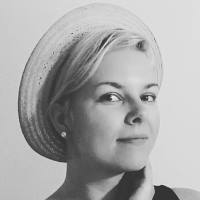
by Gwyn Conaway
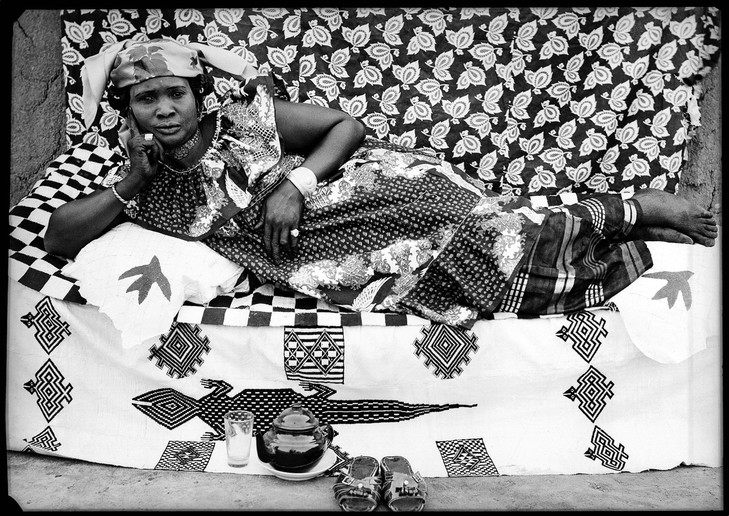
Seydou Keïta, a Malian photographer, is known for his portraiture, particularly of women that simultaneously become a part of their environment and assume command of it.
The newest Vogue offers a refreshing departure from the traditional venues of Paris, London, and New York. Its pages have let me peek into the lives of people in places I’d never thought much about. For this summer’s Vogue embarks on a grand tour of Africa. It offers glimpses of Nigeria and Uganda, worlds wholly different from and beyond our own. Much like when Alice follows the White Rabbit to Wonderland, I’ve found myself both in awe of this new adventure and questioning my place within it.
The words of Mary Roblee Henry struck a lasting chord with me when she wrote “Africa, in fact, has everything – except a frame of reference.” As of fifty years ago, the African continent, with the exception of the Empire of Ethiopia, was entirely colonized by Europe. As a result, our American eyes have always seen Africa as an extension of our own desire for adventure, not a continent with its own rich point of view.
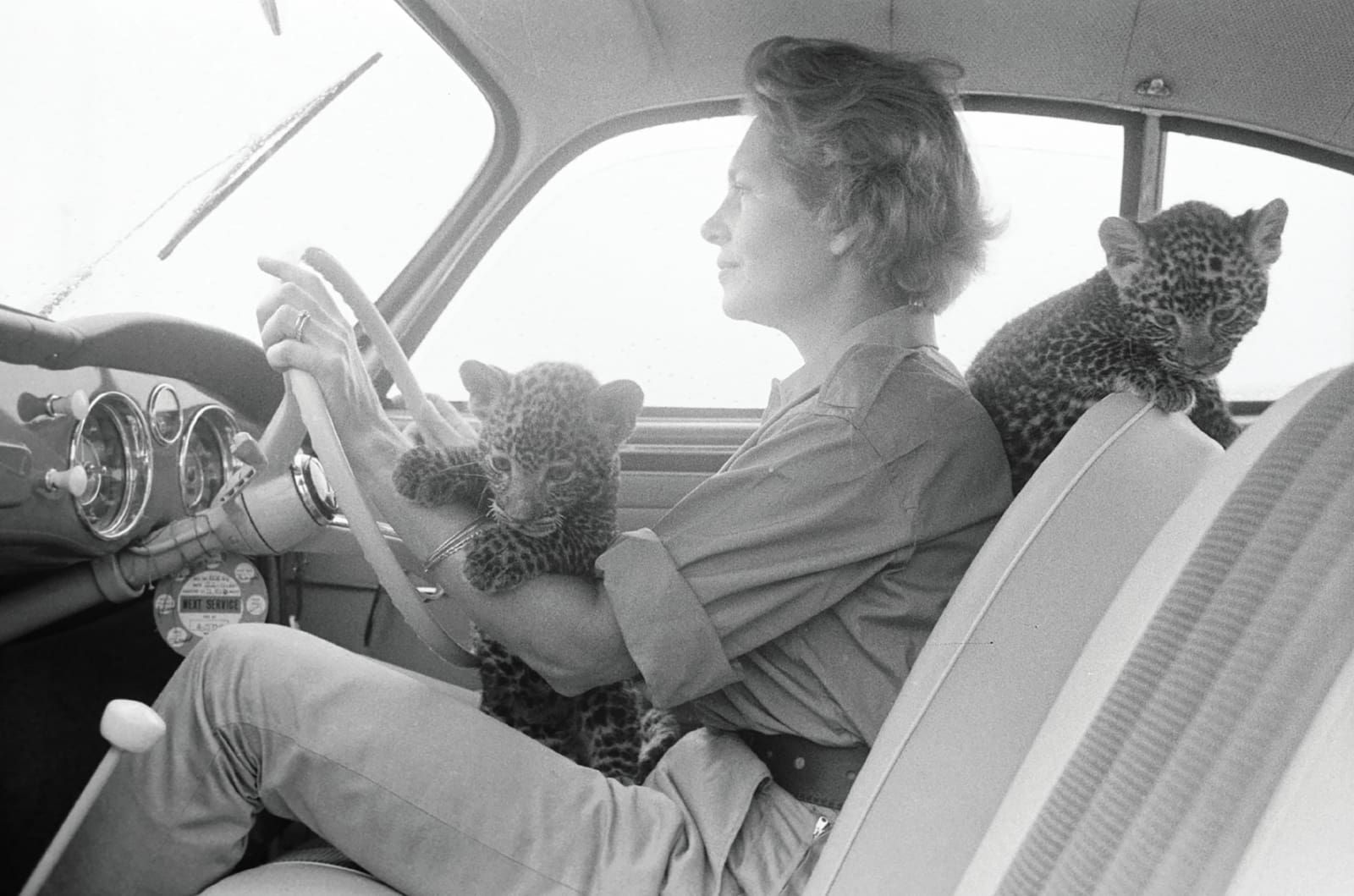
Marchesa Sieuwke Bisleti on her farm Marula in the Kenyan highlands with two leopard cubs. She wears a grass green linen Serengeti shirt, khaki slacks, and earthy brown leather boots.
In addition to touring Nigeria and Uganda, this issue of Vogue documents the daily life of Marchesa Sieuwke Bisleti in Kenya, where she cares for many exotic animals on her farm, Marula. Western women in their 30s crave her practical elegance. She embodies the windswept beauty of a woman who has seen adventure and now lives comfortably within that frame of mind.
As romantic as this notion is, our sense of adventure may be a double-edged sword. On one hand, wearing bush jackets, Gurkha shorts, and khaki freesuits gives us a taste of discovering those distant, ancient, untouched places. On the other hand, it revives imperialist sentiments just as the continent Churchill once called “from end to end one beautiful garden” gains its independence.
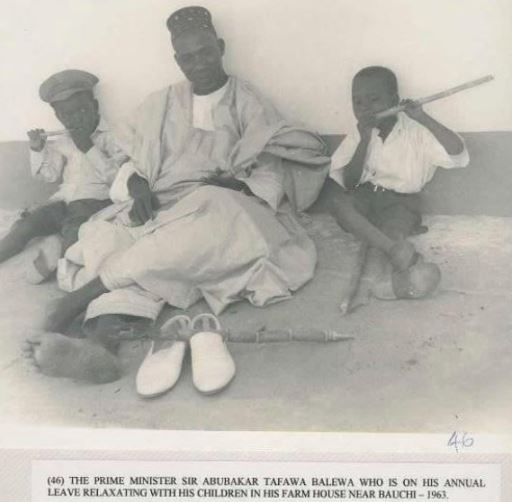

Above: Abubakar Tafawa Balewa on leave with his children on his farm in northern Nigeria. Below: Finance Minister Okotie-Eboh and his wife, both wearing Iro skirts. Okotie-Eboh was also an Itsekiri chief near the Benin River.
After devouring every page of Vogue, I turned to current events. I needed more than Western fantasies to quench my curiosity. Luckily, Queen Elizabeth II has been busy on the continent, working closely with the soon-to-be Federal Republic of Nigeria to recall the British protectorate.
I was struck by the big personalities of Prime Minister Abubakar Tafawa Balewa and Finance Minister Festus Okotie-Eboh. How had I never paid attention to Nigerian politics before! Although, in the picture above, Tafawa Balewa is sitting in a casual setting, far from the pomp and circumstance of the capitol, he still exudes authority, as if he belongs to the country as much as it belongs to him. Perhaps the simple, large, billowing shapes of his agbada emphasize his assumption of power.
Okotie-Eboh, however, truly uses Nigerian fashion and tradition to make a grand statement. He and his wife in the image above are breathtaking, adorned in many yards of traditional Nigerian textiles, peacock feathers, and coral beads. While part of me is giddy for Okotie-Eboh’s bold choices, I’m also concerned for the burgeoning republic’s image. Do his people see the grandeur as a statement of pride, or do they see indulgence and excess? This is a question I have no answer to for the moment, but leaves me feeling uneasy for the future.

Nigerian women standing for a portrait. Note that the woman in the center is wearing an English dress suit while the ladies on either side are wearing the traditional iro (skirt), buba (shirt), and gele (headwrap)
Beyond Nigeria’s politicians, her people possess a breathtaking strength of character. More so than in any fashion line or runway show, Nigerians’ personal power and charisma is interwoven into their textiles and fashion. In the clamour to define the modern Nigerian identity, traditional and European aesthetics are caught in a fiery dance for domination.
The younger generation in particular is visually torn between their new independence and the allure of western style. Men here combined sports jackets of the finest linens and tweeds with their white or brightly colored, airy agbadas and Oxford brogues. Girls wear western polka dotted blouses with their iros and beaded jewelry.
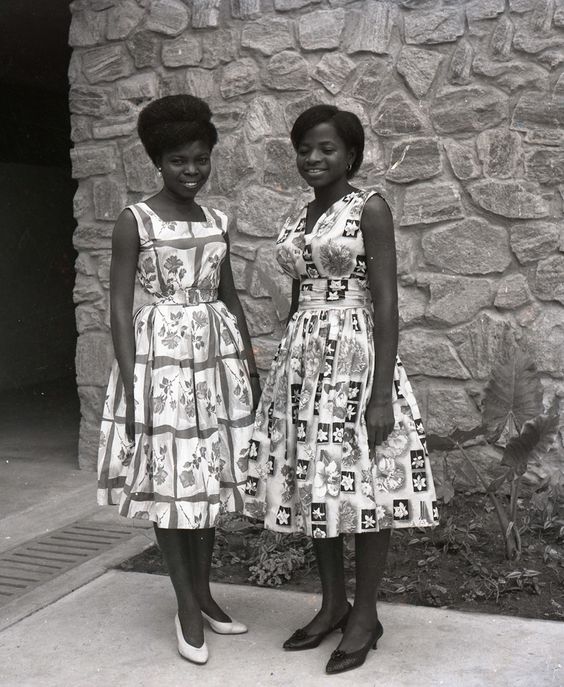

Photography by J.D. ‘Okhai Ojeikere
Photographers like J.D. ‘Okhai Ojeikere and Seydou Keïta explore this in their portraiture. One moment, Ojeikere will photograph wealthy Nigerians dressed head-to-toe as fashionable young British women, donning pumps, sundresses, and pearl earrings. The next, he’ll snap a photo of two men leaning against an enviable Rambler Ambassador parked on rich Nigerian red earth roads, one in a dress shirt and tie, the other in a traditional agbada, with a backdrop of Coca Cola trucks, stressing the country’s identity crisis.
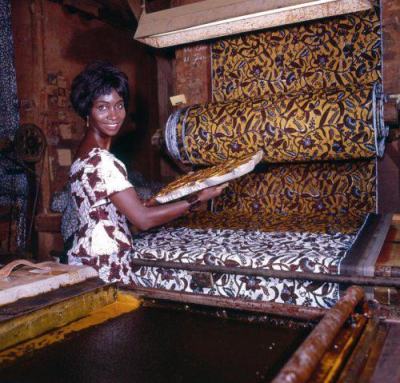
Sade Thomas-Fahm sources local Nigerian textiles to create her own take on European fashions.
Considering the events in Nigeria right now, I was shocked to learn how difficult it has been for these artists to blaze their creative trails. Take Sade Thomas-Fahm, for example. She’s an up-and-coming fashion designer from Nigeria, and the first woman to open her own boutique in the country. Her designs combine tradition and modernism, reinventing British silhouettes with Nigerian textiles. Although it’s a perfect marriage, the public is a hard sell. It seems to me that the European influence over the African continent will be strong for many years to come.
Circling back to Mary Roblee Henry, I now find myself wary of style icons such as Marchesa Sieuwke Bisleti after exploring some of Africa’s “missing” frame of reference (which I now know is not so much “missing” as covered by a veil of European colonialism). Although I can’t help but feel the call to adventure, the romance of bush jackets and Gurkha shorts comes with a dash of bitterness now. Instead, I think I’ll find my practical elegance elsewhere, and look to lift up the voices of those like Sade Thomas-Fahm.
Now there is a true adventure.
Special Thanks to Nigerian Nostalgia Project for images from their archives.






![[November 24, 1963 cont.] Oswald dead, shot by Jack Ruby](https://galacticjourney.org/wp-content/uploads/2018/11/631124oswald-672x372.png)

![[November 24, 1963] Mourning on two continents](https://galacticjourney.org/wp-content/uploads/2018/11/631123Flowers_Schoeneberger_Rathaus-672x372.jpg)





![[November 23, 1963 cont.] After a fashion](https://galacticjourney.org/wp-content/uploads/2018/11/01-672x372.png)


![[November 23, 1963 cont.] Give sorrow words](https://galacticjourney.org/wp-content/uploads/2018/11/631123grief2-672x372.jpg)


![[November 23, 1963] President Kennedy returns to D.C. one last time](https://galacticjourney.org/wp-content/uploads/2018/11/631123grief-1-672x372.jpg)
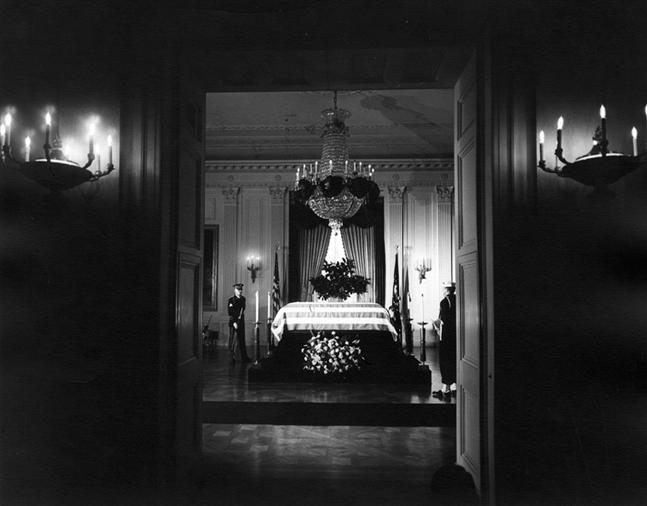

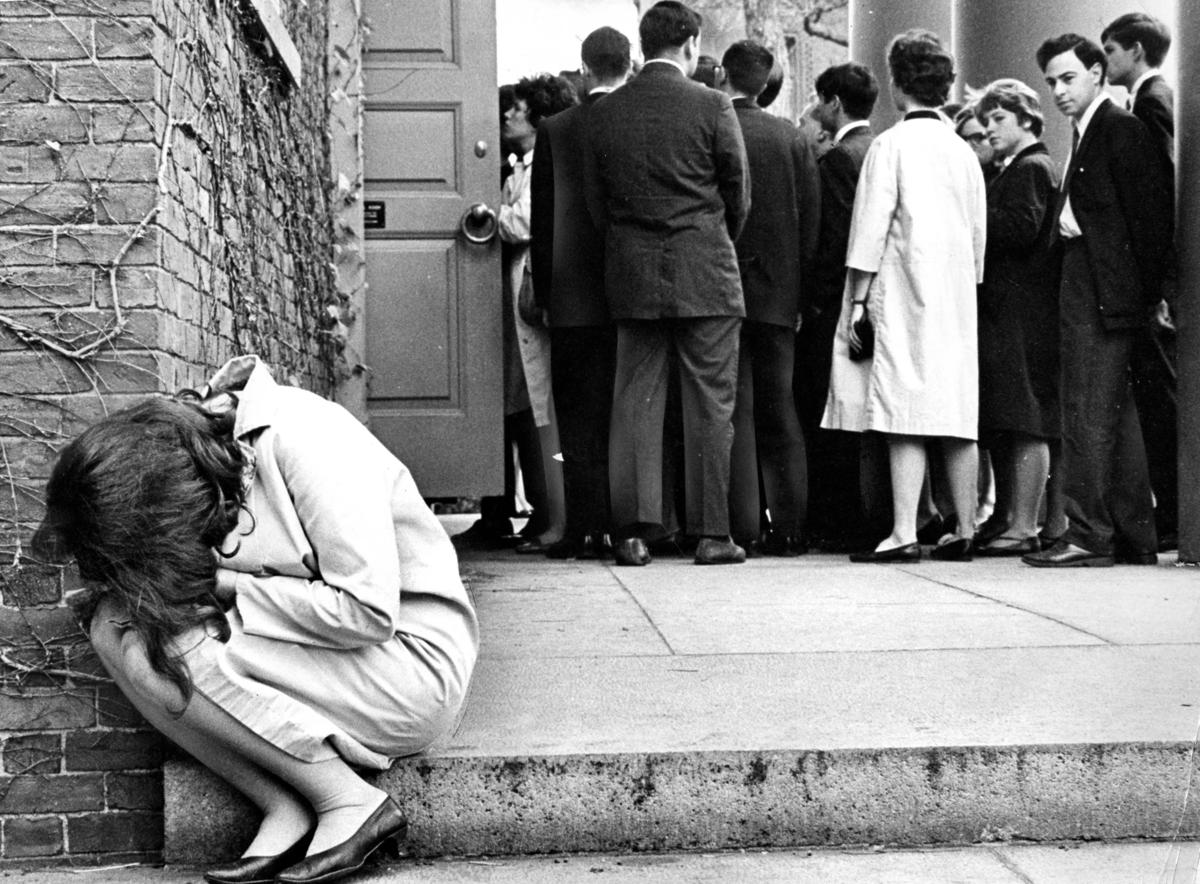
![[November 22, 1963 cont.] Highest indictment for Presidential assassin](https://galacticjourney.org/wp-content/uploads/2018/11/631122oswald-672x372.png)
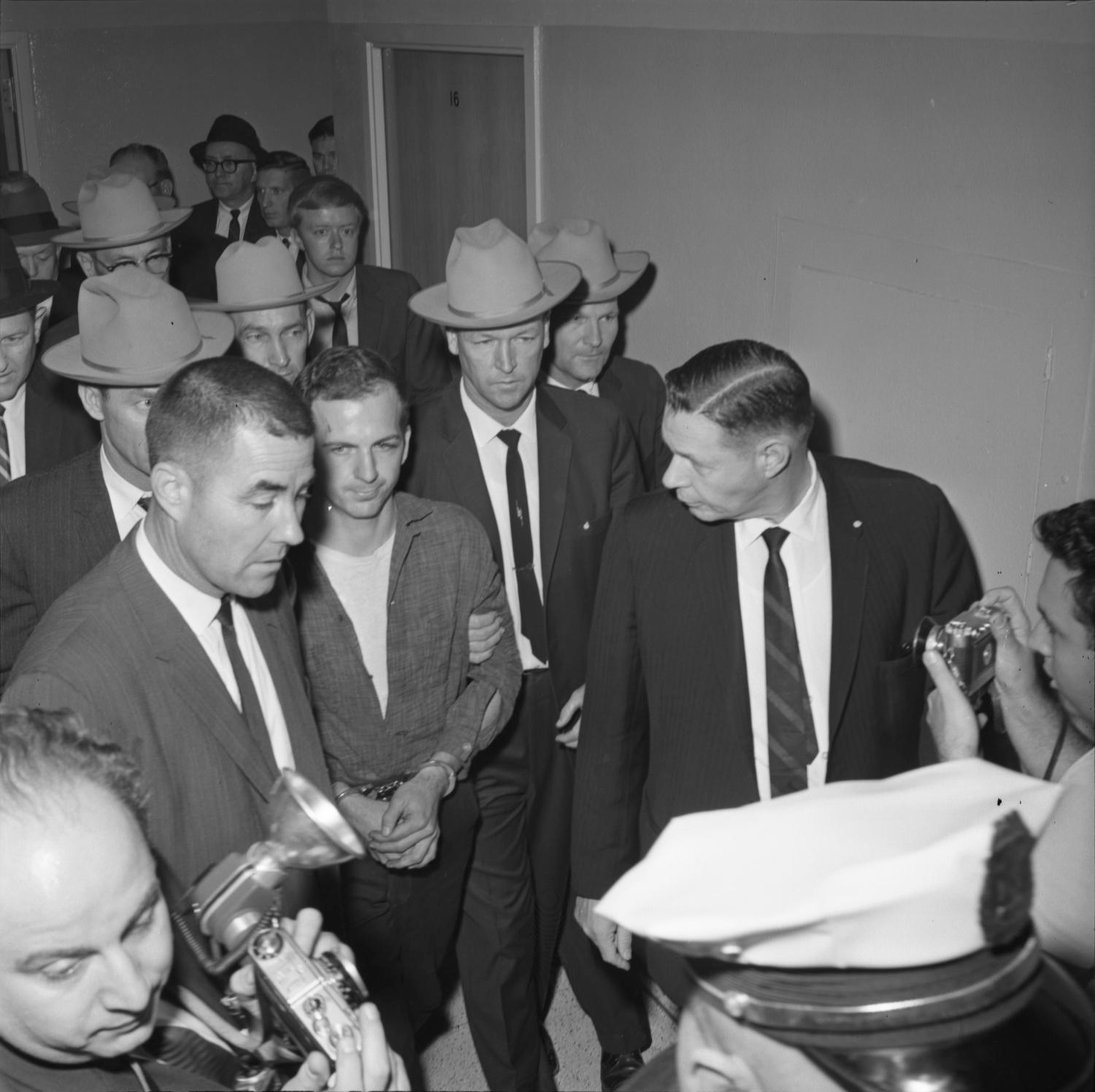


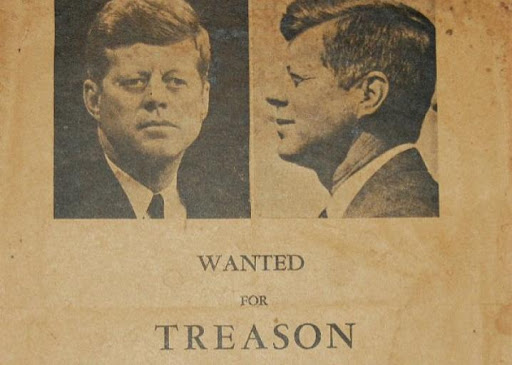
![[November 22, 1963 cont.] Ripples down under](https://galacticjourney.org/wp-content/uploads/2018/11/631122dead-672x372.jpg)


![[November 22, 1963 cont.] Murder charge for Lee Harvey Oswald](https://galacticjourney.org/wp-content/uploads/2018/11/631123grief3-672x372.jpg)
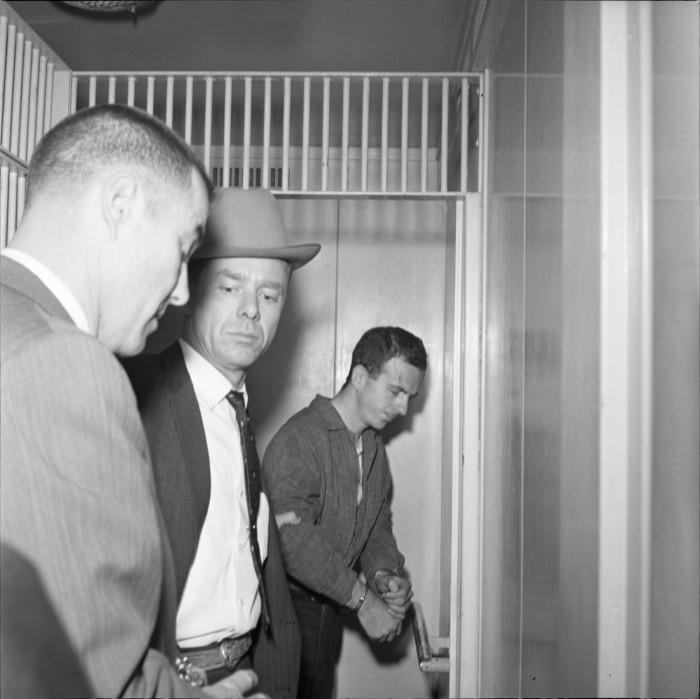

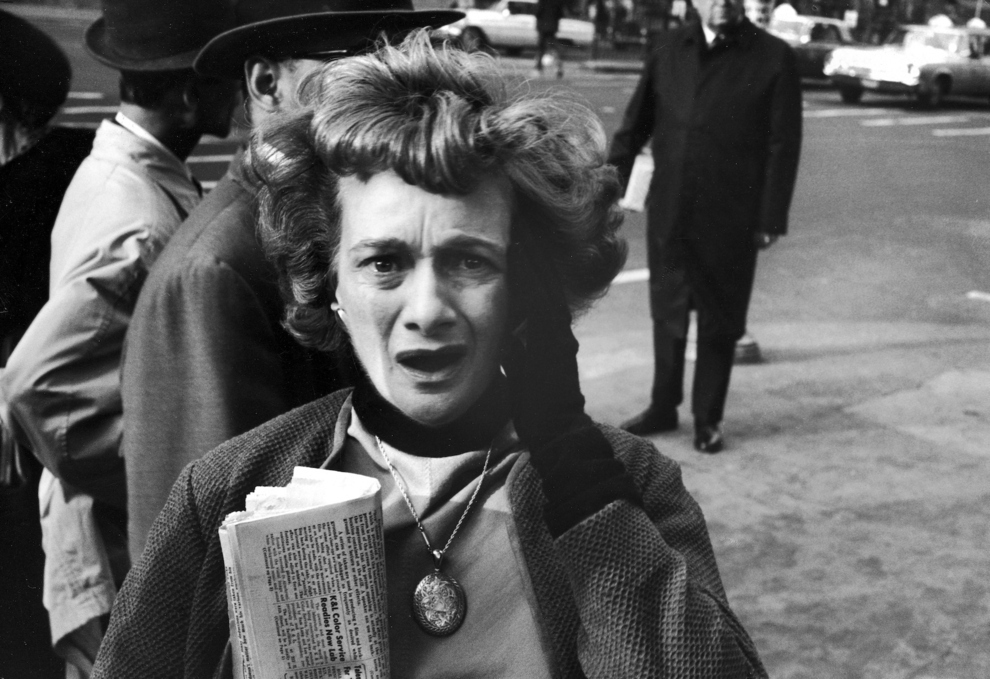
![[November 22, 1963] President Kennedy has been assassinated](https://galacticjourney.org/wp-content/uploads/2018/11/631122a1030-672x372.jpg)











